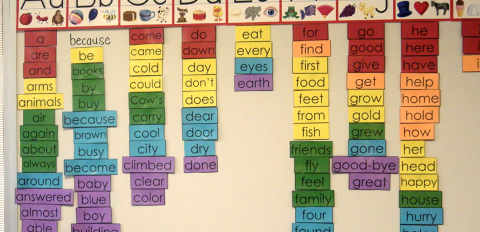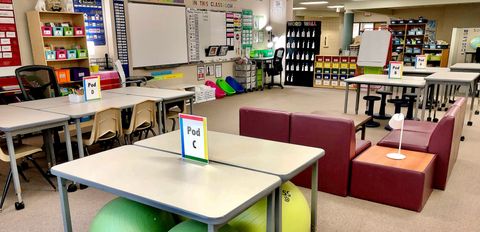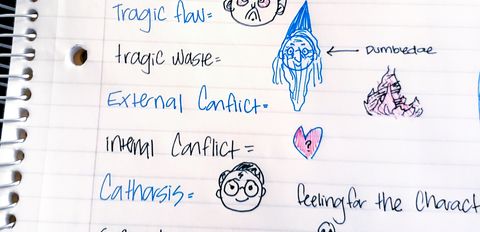| Between spring break, standardized tests, and egg dyeing, it's possible that you missed some of our best—and most discussed—content last month. Not to worry: We've got you covered with this recap of our eight top stories from April.
 Credit: ©Twenty20/@idaluther Teachers can guide students to avoid ineffective studying habits in favor of ones that will increase their learning outcomes.
 Credit: ©Shutterstock/Robert Kneschke Brain breaks and focused attention practices help students feel relaxed and alert and ready to learn.
 Credit: Courtesy of Justine Marie Bruyère Transferring ownership of the class word wall to the students can increase their engagement and learning.
 Credit: George Lucas Educational Foundation In rural South Carolina, a Title I school makes the leap to become a Montessori school.
 Credit: ©Alamy Stock Photo/Richard Levine We interviewed educators with decades of experience in teaching ELLs and tapped a network of experts and observers to find the strategies that work.
 Credit: Courtesy of Tom Deris A veteran elementary teacher shares what he's learned from eight years of building a student-centered environment.
 Credit: ©Daniel Haskett / Ikon Images Hundreds of teachers discussed the best ways to guide students toward mastery—without being taken advantage of.
 Credit: ©Shutterstock/NickBerryPhotography Digital portals like Google Classroom and Moodle can benefit students who struggle with organization and executive function.
| 























